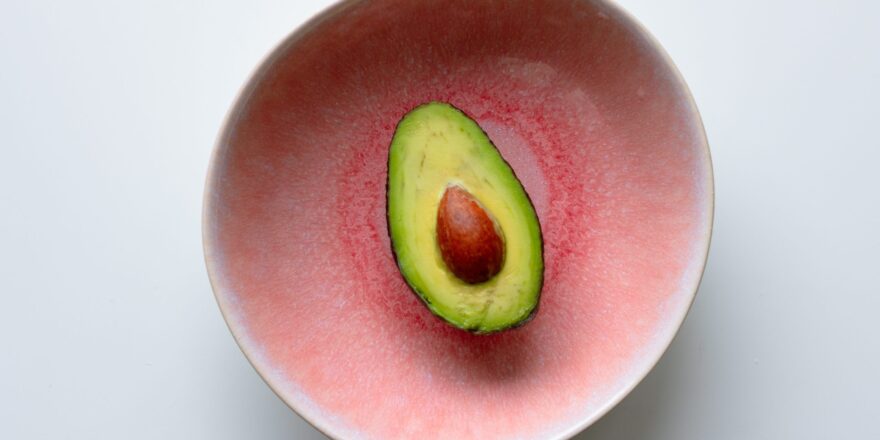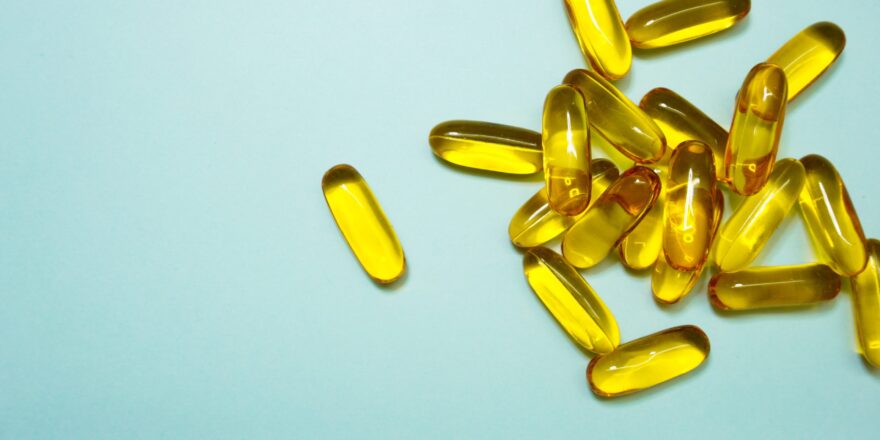Lots of drugs affect fertility, and some of them are essential for fertility treatments, but many of them significantly reduce the chances of conception. When we say “drugs”, we’re including hormones and all prescription and non-prescription medications, some of which can cause permanent damage to sex organs and sterility. Most of the research...
Alcohol and Fertility
Alcohol has played its part in many a pregnancy, but when a couple really wants a baby, it’s not helpful as it affects eggs and sperm health, which can have long-term consequences for children. The impact of small amounts of alcohol on fertility isn’t known and probably varies with personal tolerance to alcohol, and the official advice is it’s...
Caffeine and Fertility
Caffeine is a stimulant in coffee, tea, chocolate and some soft drinks and an integral part of most cultures. Caffeine can reduce female fertility as the ‘pick-me-up’ or energy boost is stimulating in a similar way to drugs like cocaine, and regular intake can cause dependence as they feel flat and lethargic without it. Tea, chocolate and cof...
Diet and Fertility
Diet choices significantly affect health and fertility levels, and adjusting diet to increase the variety of minerals, oils, and vitamins is a potent way to raise conception rates and health. Diet underpins all bodily processes, including sexual health, with polycystic ovary syndrome (PCOS) usually involving high blood sugar levels from diet c...
Smoking and Fertility
Smoking and fertility have an interesting relationship, and most smokers start in their teens or as young adults when looking older, sexier and more sophisticated is part of the appeal. They weren’t entirely wrong, as chemicals in the smoke physically age people by damaging cells and accelerating their death. In time, and with the inevitable a...
Supplements and Fertility
Supplements are usually seen as a good news story for fertility, and they’re widely advised for pregnancy and preconception to improve the health of parents and their babies, but they are necessary? Two 2016 reviews reached very different conclusions: A BMJ study concluded that prenatal and pregnancy supplements are generally unnecessary and ...






